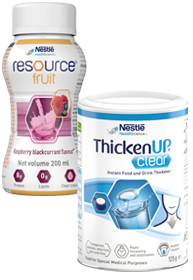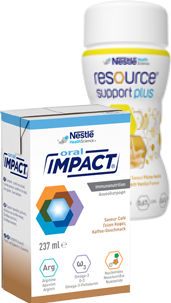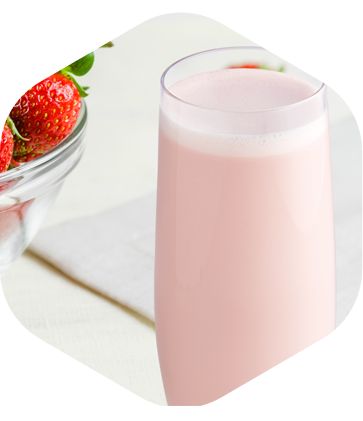Navigating Nutrition: Colon Cancer Diet Advice
Eating well and following a balanced, nutritious diet is one of the best ways you can prepare for colon cancer treatment 1. But what is a healthy ‘colon cancer diet’?
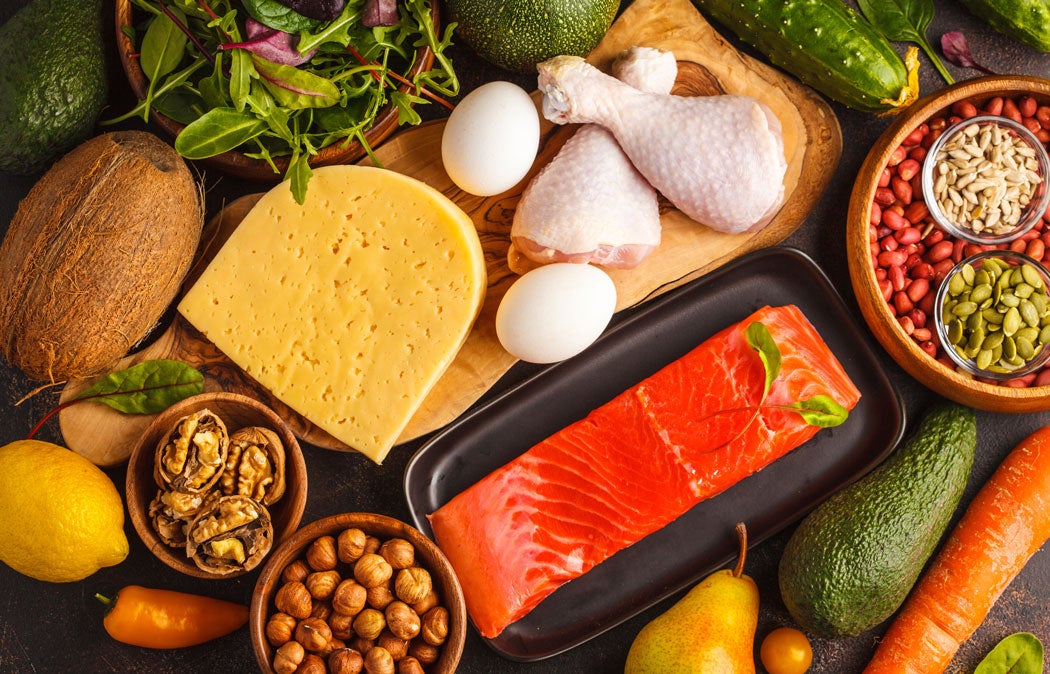
Eating well and following a balanced, nutritious diet is one of the best ways you can prepare for colon cancer treatment 1. But what is a healthy ‘colon cancer diet’?
In this guide, we look at foods that can help support your health when you have colon cancer. We also discuss the foods it is best to avoid and any supplements that may help improve your recovery.
Nutritional needs during colon cancer and treatment
The colon is the longest part of the large intestine and a key part of your digestive system 1,2. Its main function is to remove water, nutrients, and electrolytes from partially digested foods 2. The remaining waste, known as stool, then passes through the colon and remains in the rectum until ready to leave the body 2.
Good nutrition is particularly important if you have cancer, but both colon cancer and cancer treatments may interfere with the body’s ability to use and absorb nutrients 1,3,4.
Treatment for colon cancer may be surgery, known as a colectomy . A colectomy removes part of your colon and reattaches the remaining portion of your digestive system to allow waste to leave your body3,5. You’ll need to make changes to your diet for about six weeks after surgery 6, and your nutritional needs may change in the long term too1,3,.
Some people may also require chemotherapy after surgery if there’s a higher risk of colon cancer coming back5. Chemotherapy may cause side effects that can affect nutrition, such as3:
- Nausea
- Vomiting
- Diarrhea
- Constipation
- Loss of appetite
Malnutrition and dehydration are also more likely in gastrointestinal cancers, such as colon cancer3.
Food for colon cancer patients
During colon cancer treatment, you may need to change your diet to build up your strength and help you to cope with any treatment side effects4.
The nutritional needs of people with colon cancer vary and depend on the stage and severity of colon cancer and the type of treatment they require3.
Eating the right foods, consuming the correct supplements, and getting enough nutrients before and after colon cancer treatment can help you feel better, maintain your strength, and support your recovery1,3.
For more guidance and helpful tips, we recommend visiting the My Cancer My Nutrition resource hub.
Low-fiber diets for colon cancer
Your cancer team may advise you to switch to a low-fiber diet while waiting for surgery or receiving chemotherapy. Reducing the fiber in your diet can help to rest your bowels and ease irritation7.
Foods you can eat on a low-fiber diet include7:
- Meat, fish, poultry, and protein: tender meat cuts, ground meat, fish and shellfish, tofu, eggs, and smooth peanut butter
- Dairy: milk, plain yogurt, cheese, cottage cheese, ice cream, custard, and cream sauces
- Bread, cereals, and grains: white bread, waffles, plain pasta or noodles, white rice, Vegetables: well-cooked fresh or canned vegetables without skins, stems, or seeds, sweet or white potatoes without skins
- Fruit: small amounts of cooked fruit or soft canned fruit without skins or seeds, pulp-free juices
- Desserts: cookies, and desserts without whole grains, berries, dried fruits, nuts, or coconut
- Other foods: mayonnaise, small amounts of butter, cream, and oils, plain broth and gravies, ketchup and mild mustard, sugar, honey, syrup, spices, cooked herbs, salt, clear jellies, plain chocolate, hard candy, and marshmallows.
If your doctor advises you to follow a low-residue diet, there will be further eating restrictions7. Your doctor may recommend this diet for before or after surgery to help with preparation and recovery8.
Food for colon cancer patients before surgery
The cancer team will advise you on what to eat and drink in the weeks before surgery. Your doctor may ask you to follow a clear liquid diet for 12–24 hours before surgery to clean out your colon. This may include 1:
- Broths
- Plain coffee
- Clear fruit juices
- Gelatin
Depending on your healthcare provider’s protocol, you may be offered Impact. Used under medical supervision, this is a nutritional supplement containing specific nutrients called immunonutrients (omega 3, arginine, and nucleotides) which are clinically proven to reduce complications after surgery. If Impact is recommended to you, you will be prescribed it by a healthcare professional.
Colon cancer diet after surgery
You’ll need to make some changes to your diet after having surgery6. Initially, you will be given clear liquids6,9. Eventually, as your body heals, you will be able to start adding solid, low-fiber foods to your diet6,9.
You may find some foods difficult to digest initially, so it is important to slowly adjust to a normal diet after surgery and gradually increase the amount of fiber in your diet9.
Introduce foods back into your diet slowly so that you can work out whether any specific food upsets your stomach 9.
Removing part of your colon may cause symptoms such as diarrhea, constipation, blockages, and excess gas production6,9,10. These symptoms occur because the usual colon functions, such as absorbing fluid, have not yet gone back to normal10.
Eating smaller meals can help you produce less gas and easy-to-digest foods may help reduce diarrhea10. You should also drink plenty of fluids to avoid dehydration, which can be caused by diarrhea10,11. It is even more important to drink lots of liquids on days when you cannot eat11.
If you’re feeling constantly thirsty, your doctor or healthcare team may recommend an electrolyte replacement drink that replaces fluid and body salts or a nutritional drink like Resource.
Food to avoid for colon cancer patients
There are some foods that it is best to avoid if you are having treatment for colon cancer, particularly if you have surgery.
High-fiber foods are harder to digest right after surgery6. If a doctor advises you to have a low-fiber diet, you’ll need to avoid foods such as 6,7,10:
- Whole-grain foods such as whole-wheat breads, brown rice, or oats
- All beans, nuts, peas, lentils, and legumes
- Raw or steamed vegetables, vegetables with skins
- All raw or dried fruits, particularly berries, prunes and raisins
Eating certain foods during or after cancer treatment may worsen post-surgery side effects such as excessive gas, odors, constipation, and diarrhea6,7,10. Here are some examples of foods to avoid for each side effect.
Foods which may cause diarrhea6,10:
- Apricots, plums, peaches, and prunes
- Fruit juice
- Broccoli, Brussel sprouts, cabbage, green leafy vegetables, tomatoes, and turnip greens
- Wheat, bran, and other whole grains
- Spicy foods
- Foods high in sugar and fat
- Drinks with caffeine
- Alcohol
- Sugar-free substitutes
- Licorice
Foods that can cause excessive gas or odor6,10:
- Apples, bananas, grapes, prunes, melons, citrus fruits (such as oranges)
- Asparagus, broccoli, brussels sprouts, cabbage, cauliflower, corn, eggplant, lettuce
- Onions, garlic, leeks, celery
- Cucumber, green pepper, onions, radishes, and turnips
- Cheese, peanuts, dried beans and peas, eggs, and fish
- Milk and milk products
- Soda and carbonated drinks
- Alcohol
Foods that may cause blockages6:
- Vegetable and fruit skins
- Apples, dried fruit, grapes, and pineapple
- Celery, corn, cucumber, green peppers, peas, and bean sprouts
- Salad greens, cabbage, coleslaw, and spinach
- Tough, fibrous meats with gristle, sausages, cold cuts
- Nuts (such as almonds and pecans) and peanuts
Avoiding drinking with straws, chewing gum, and smoking can also help decrease gas6.
Speak to your doctor or care team if you are not sure what to eat and what to avoid11. They may refer you to a dietitian, who can help choose foods and drinks that are best for you during and after treatment11.
Nutritional supplements for colon cancer
Your body needs a variety of nutrients to function properly, including vitamins and minerals4. These are found naturally in food; most people get enough vitamins and minerals from their diet4.
If you can’t eat a balanced diet due to treatment side effects, your doctor may recommend you take a multivitamin and mineral supplement daily.
Higher vitamin D levels may be beneficial for colorectal cancer survivors3,12. One study found that survivors of colorectal cancer taking daily vitamin D supplements reported less fatigue and better quality of life up to 2 years after treatment 12. Other important vitamins are vitamin A, vitamin C, and the B vitamins3. Each of these is crucial in aiding the body’s ability to tolerate and recover from colorectal cancer treatment3.
It is worth noting, however, that some supplements may be harmful, especially in large doses13. Certain supplements can make cancer treatments, such as chemotherapy and radiation therapy, less effective 13.
If your treatment results in you having no appetite, you could try a nutritional supplement drink. These shakes or instant breakfast mixes provide high amounts of calories and may be easier to drink than trying to eat something when your appetite is low.
What else can I do to help with my colon cancer?
Colon cancer can affect your daily life in many ways, depending on the cancer stage and the treatment you’re receiving.
In addition to eating a healthy diet when you have cancer and following the doctor’s dietary instructions, you can try some of the following strategies to live well before, during, and after treatment.
- Speak to your friends and family: Communicating your fears and feelings with friends, family, or other people in a similar situation to you, such as colon cancer support groups, can help provide a strong support system.
- Get regular physical activity: After treatment, try to reduce your time sitting down and gradually build up to a short walk outside. Keeping active can help you maintain muscle mass, bone strength, and energy 14. It can also help reduce depression, stress, and fatigue, as well as treatment side effects such as nausea and constipation 14.
- Go to routine screenings: Doctors will arrange follow-up appointments after cancer treatment to look for signs of cancer and check whether you have any treatment side effects.
If you have any worries or concerns about colon cancer, talk to your cancer team.
For other helpful information, visit My cancer My nutrition, where you can find a variety of resources on treatments, coping with side effects, and nutritional guides.
References:
1 - Healthline. A diet plan for before and after colon cancer treatment. Updated 2021. Accessed November 2022. Available at: https://www.healthline.com/health/colorectal-cancer-basics/diet-plan-colon-cancer-treatment.
2 - National Cancer Institute. Colon. Accessed November 2022. Available at: https://www.cancer.gov/publications/dictionaries/cancer-terms/def/colon.
3 - Cancer Treatment Centres of America. Colon cancer diet: Navigating nutritional challenges during treatment. Updated 2021. Accessed November 2022. Available at: https://www.cancercenter.com/community/blog/2021/05/colon-cancer-diet.
4 - American Cancer Society. Benefits of good nutrition during cancer treatment. Updated 2019. Accessed November 2022. Available at: https://www.cancer.org/treatment/survivorship-during-and-after-treatment/staying-active/nutrition/benefits.html.
5 - Mayo Clinic. Colectomy. Updated 2021. Accessed November 2022. Available at: https://www.mayoclinic.org/tests-procedures/colectomy/about/pac-20384631.
6 - Drugs.com. Colectomy diet. Updated 2021. Accessed November 2022. Available at: https://www.drugs.com/cg/colectomy-diet.html.
7 - American Cancer Society. Low fiber foods. Updated 2020. Accessed November 2022. Available at: https://www.cancer.org/treatment/survivorship-during-and-after-treatment/staying-active/nutrition/low-fiber-foods.html.
8 - WebMD. Should You Try a Low-Residue Diet? Accessed November 2022. Available at: https://www.webmd.com/ibd-crohns-disease/crohns-disease/low-residue-diet-foods.
9 - Surgical Consultants of Northern Virginia. Diet After Colorectal Cancer Surgery. Accessed November 2022. Available at: https://www.scnv.com/blog/diet-after-colorectal-cancer-surgery.
10 - The University of Tennessee Medical Center. Colectomy. 2014. Accessed November 2022. Available at: https://www.utmedicalcenter.org/medical-care/medical-services/procedures-treatments/colectomy/.
11 - National Cancer Institute. Eating hints: Before, during, and after cancer treatment. 2018. Accessed November 2022. Available at: https://www.cancer.gov/publications/patient-education/eatinghints.pdf.
12 - Koole, J. L., et al. Higher serum vitamin D concentrations are longitudinally associated with better global quality of life and less fatigue in colorectal cancer survivors up to 2 years after treatment. 2020. Accessed November 2022. Available at: https://cebp.aacrjournals.org/content/29/6/1135.
13 - Cancer Centers Treatment of America. Natural supplements for cancer patients to avoid. Updated March 2022. Accessed November 2022. Available at: https://www.cancercenter.com/integrative-care/naturopathic-support/natural-supplements-to-avoid.
14 - American Cancer Society. Eating well during cancer treatment. Updated 2020. Accessed November 2022. Available at: https://www.cancer.org/treatment/survivorship-during-and-after-treatment/staying-active/nutrition/once-treatment-starts.html.
Know more about the subject

Cancer Survivorship: Stages, Statistics, And Care
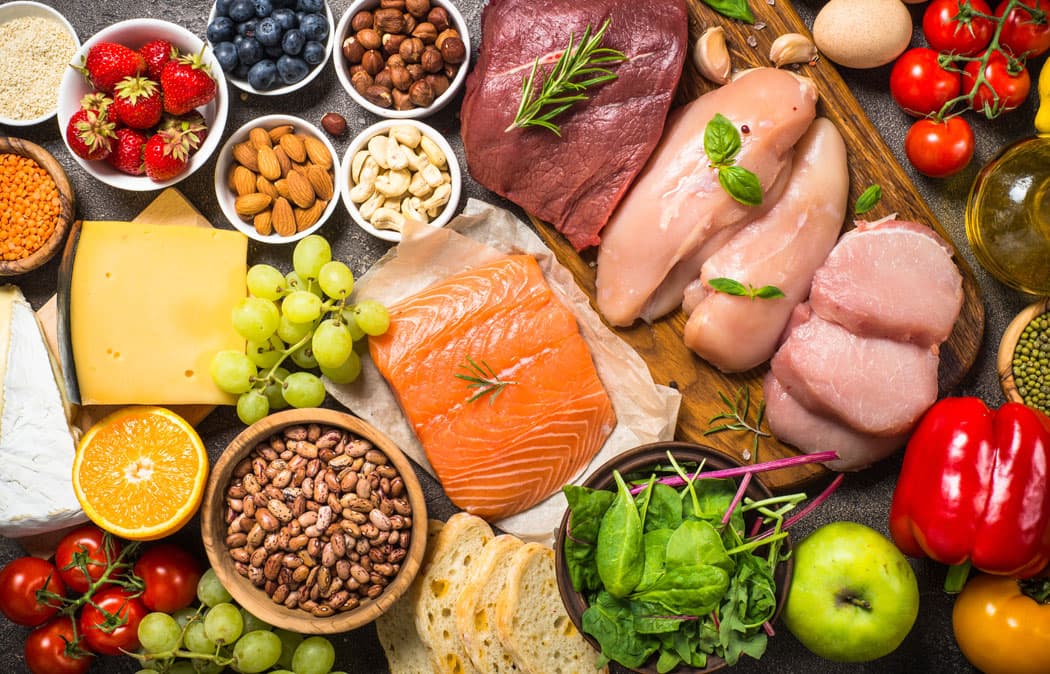
Eating well after cancer: your diet after chemotherapy
A healthy diet after chemotherapy can help you regain your strength and promote good health.
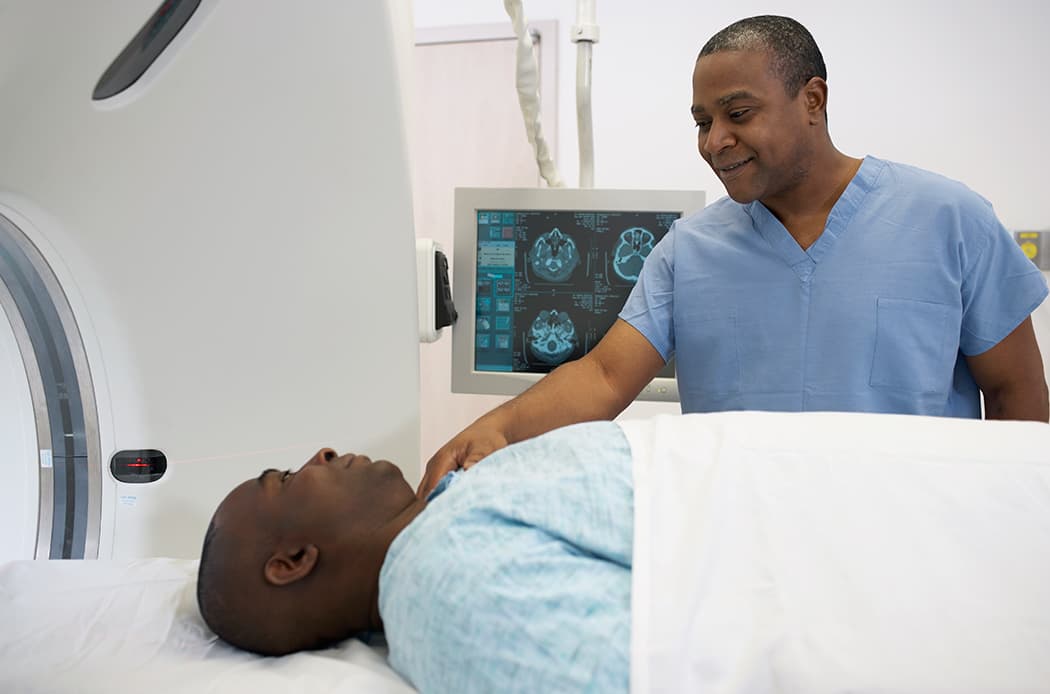
Radiotherapy

Complementary Therapies to Reduce Cancer’s Side Effects
They have scientifically-proven benefits and can be used to improve patients’ well-being.1
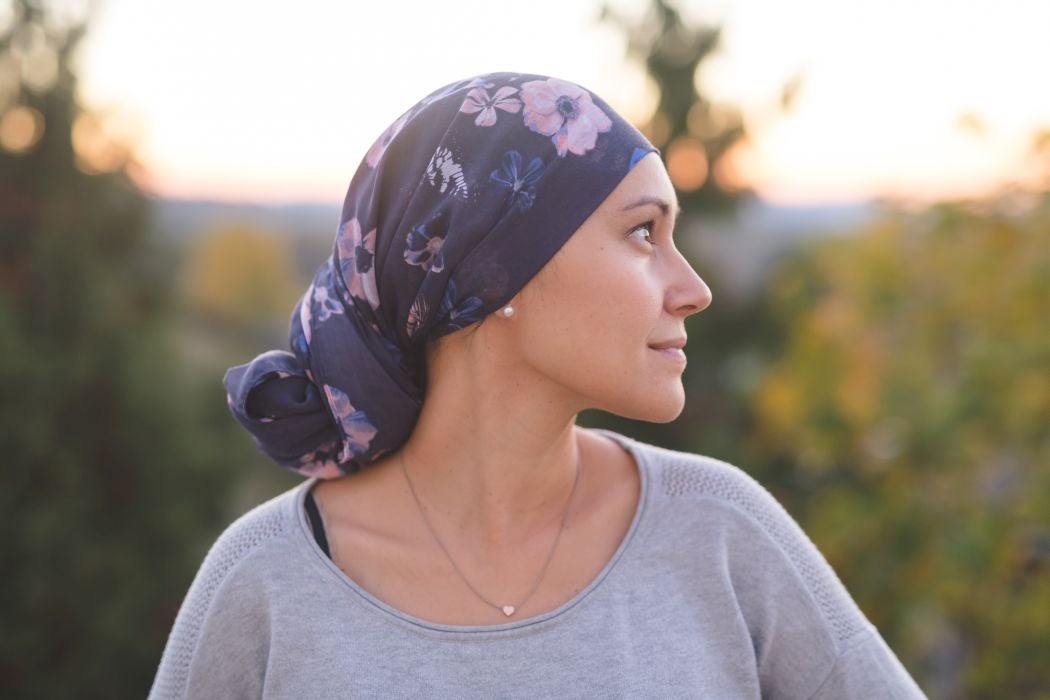
Common Questions About Hair Loss During Cancer Treatment
Although this is deeply associated with cancer treatment, not all people lose their hair
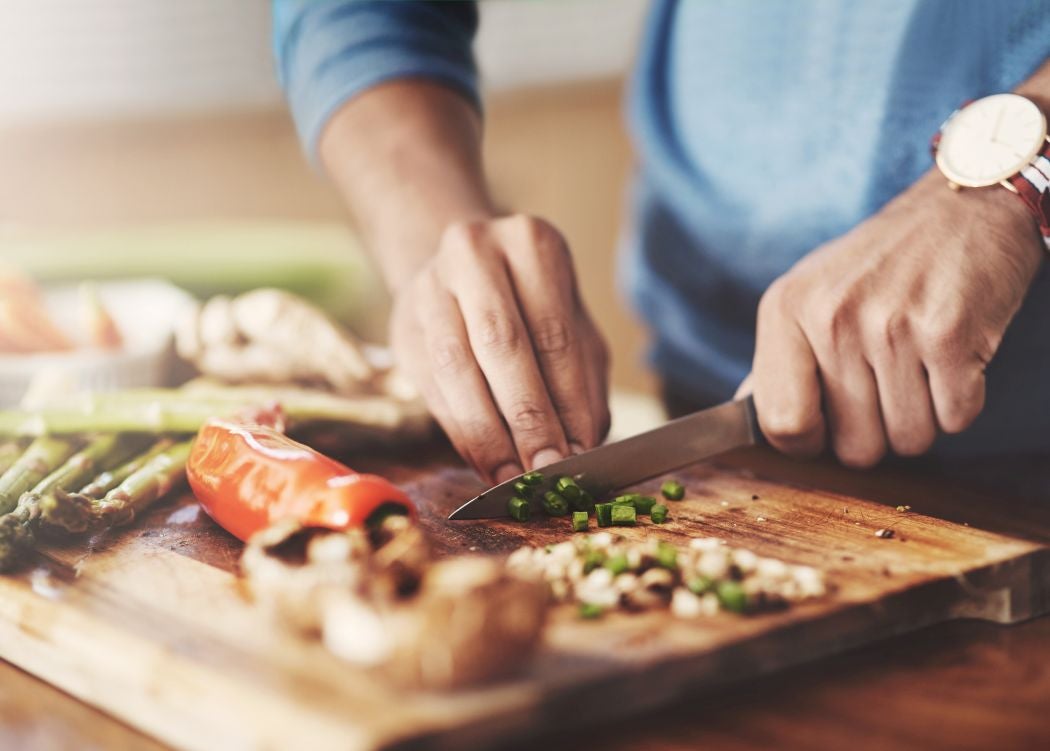
How to Prepare Some Vegetables While Keeping Their Nutrients
Certain cooking methods can make meals more nutritious

